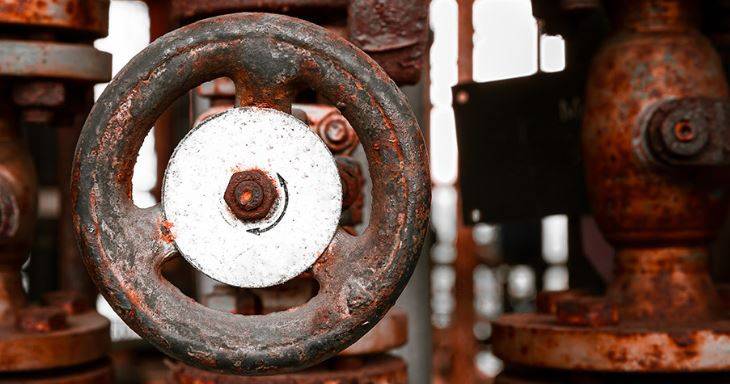
To prevent another Bhopal gas leak catastrophe considered to be the worst chemical accident in the history, eminent experts have stressed on the need of regular corrosion audits in critical petroleum, chemical and fertilizer industries as well infrastructure projects.
“Corrosion and poor maintenance was one of the major cause of the toxic gas leak in the Union Carbide pesticide plant in Bhopal. Globally, the consequences of the corrosion process have become a problem of worldwide significance. Corrosion has a huge economic and environmental impact on virtually all facets of the world’s infrastructure, from highways, bridges, and buildings to oil and gas, chemical processing, water and wastewater systems and particularly industrial structures”, said P. Raghavendra Rao, Secretary, Ministry Chemicals and Fertilizers, Department of Chemicals and Petrochemicals while releasing the 'Impact India- Cost of Corrosion Study for India' brought out by NACE International, the CORCON Institute of Corrosion , GAIL India and Outokumpu India.
Mr Rao said, “In addition to causing severe damage and threat to public safety, corrosion disrupts operations and requires extensive repair and replacement of failed assets. The regular corrosion audits which include inspecting the corrosion sites, analyzing the reasons of corrosion, suggesting methods of prevention, doing the cost analysis of prevention and losses due to corrosion will help in the long run in terms of increased safety, performance, asset life, environment protection and more cost-effective operations.”

“The global cost of corrosion is estimated to be US$2.5 trillion, which is equivalent to 3.4% of the global Gross Domestic Product (GDP) (2013. In India corrosion is impacting 4.2 per cent of the country’s GDP and the menace requires urgent appropriate measures,” said Dr Samir Degan, Ex-President NACE International and Director for CORCON Institute of Corrosion.
“Controlling corrosion requires recognition at the design and construction stage of assets and is more rewarding in the long run in terms of increased safety, performance, asset life, environment protection and more cost-effective operations. Unfortunately, this problem is not recognised at the early stages and thus leads to considerable maintenance costs during the life of the asset”, said Dr Ashustosh Karnatak, Director (Project) GAIL India Limited.
Mr Yatinder Pal Singh Suri, Managing Director, Outokumpu India said, “Engineers are ethically responsible for managing corrosion. While corrosion control methods are applied in the industry, it is as important to educate engineering undergraduates on aspects of corrosion and its management. However, there is little awareness of corrosion among undergraduate students. The engineering curriculum should include corrosion at the graduate level”. Mr Suri said, “World is also moving towards developing sustainable infrastructure with the use of corrosion-free materials including stainless steel for optimizing corrosion control actions and minimizing lifecycle costs”.
















